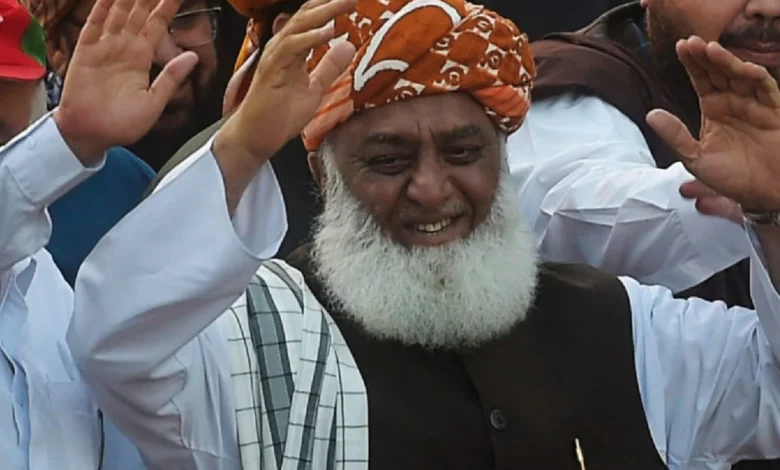
Maulana Fazl-ur-Rehman, a well-known Member of Parliament in Pakistan, has also sounded the warning bells regarding the possibility of five to seven Balochistan districts going independent. Comparing it with the 1971 Indo-Pakistan conflict that led to the liberation of Bangladesh, he warned that such a fate would befall Pakistan if the policies of the existing ruling powers were not changed.
In a speech in the Pakistan National Assembly, Rehman claimed that the United Nations could possibly accept such independence declarations of Balochistan. “If provinces in Balochistan declare liberation, the UN will accept their independence, and Pakistan will be in a terrible situation,” he said.
His comments follow increasing violence in the Kurram region, where sectarian Sunni-Shiite fighting has been ongoing. Since November, renewed conflict has killed about 150 people, with tribes fighting fierce battles with machine guns and heavy artillery, effectively cutting off this remote corner of the country near the Afghan border.
Balochistan, the biggest province in Pakistan in terms of land area, is inhabited by just 2 percent of the population of Pakistan. The province has been trapped in a long-running insurgency with ethnic Baloch separatists demanding more autonomy and ownership of its rich natural resources. The long-running conflict has caused extensive violence and widespread human rights abuses, including widespread reports of enforced disappearances.
Extrajudicial detentions of Baloch activists and civilians have further stoked local grievances and unrest, Al Jazeera reports. In August, the Balochistan Liberation Army (BLA) carried out a string of attacks across the province, resulting in more than 70 deaths, including 23 civilians.
The Balochistan crisis has been further fueled by the China-Pakistan Economic Corridor (CPEC), which started in 2015. Although projects such as the Gwadar port hold the potential for economic development, local communities argue that the gains mainly go to other provinces, especially Punjab and Sindh, while Balochistan’s resources are exploited without sufficient local investment.



